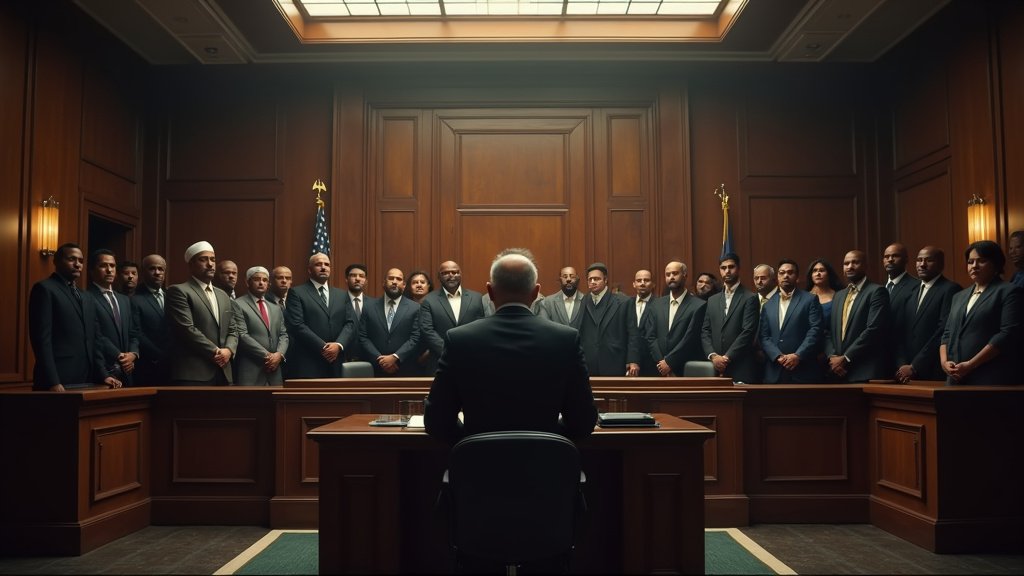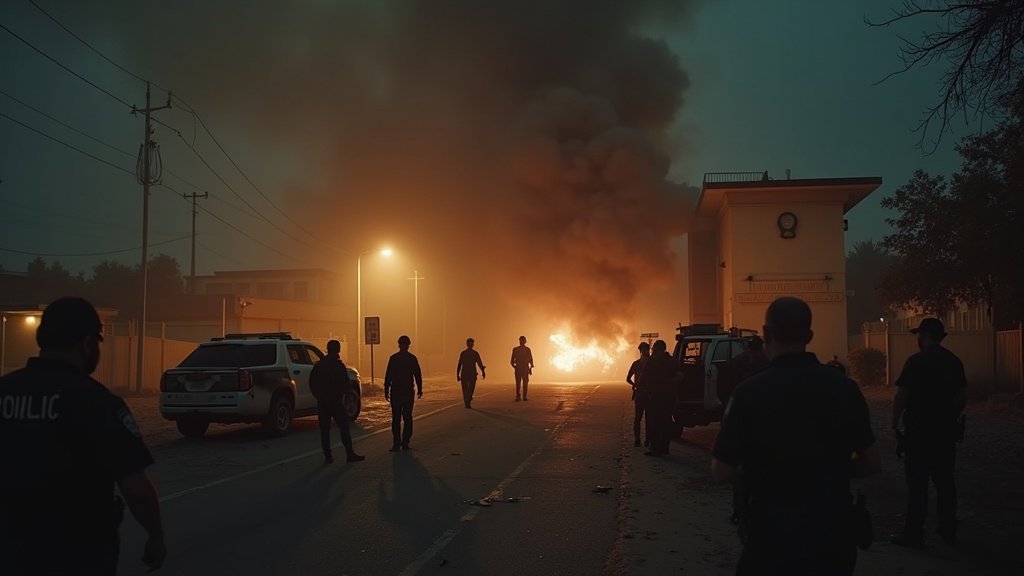Top Texas News: Muslim Civil Rights Group Sues Governor Abbott Over Unconstitutional ‘Terror’ Designation
In a significant legal challenge that could have broad implications for civil liberties, the Council on American-Islamic Relations (CAIR) has filed a federal lawsuit against Texas Governor Greg Abbott and Attorney General Ken Paxton. The suit, lodged on November 20, 2025, seeks to overturn Abbott’s recent designation of CAIR’s Texas chapter as a “foreign terrorist organization” and “transnational criminal organization.” This unprecedented action by a state governor bars the prominent Muslim civil rights group from purchasing land in Texas and empowers state officials to investigate and potentially shut down its operations. CAIR vehemently denies the allegations, arguing the designation is unconstitutional, defamatory, and a politically motivated attack on a lawful American institution.
Governor Abbott’s Unprecedented Designation
On November 18, 2025, Governor Greg Abbott issued a proclamation designating both the Muslim Brotherhood and the Council on American-Islamic Relations (CAIR) as foreign terrorist and transnational criminal organizations under state law. This move, invoking Texas Penal Code and Texas Property Codes, marked the first time a U.S. state independently labeled American-founded organizations as terrorist entities without corresponding federal classification. The designation immediately prohibits CAIR and its affiliates from acquiring any real property interest in Texas. Furthermore, Governor Abbott directed the Texas Department of Public Safety to launch criminal investigations into both groups, citing alleged threats of violence, intimidation, and harassment, as well as any potential imposition of Islamic law.
Governor Abbott stated his rationale, claiming that the Muslim Brotherhood and CAIR “have long made their goals clear: to forcibly impose Sharia law and establish Islam’s ‘mastership of the world.'” His proclamation referenced CAIR’s naming as an unindicted co-conspirator in the 2007 Holy Land Foundation case, a major terrorism financing prosecution centered in Texas. Abbott also accused the groups of supporting terrorism globally and attempting to subvert U.S. laws through various means.
CAIR’s Legal Challenge and Core Arguments
In response, CAIR, represented by the Muslim Legal Fund of America and the CAIR Legal Defense Fund, filed a federal lawsuit arguing that Abbott’s proclamation is “unconstitutional, defamatory, and finds no basis in law or fact.” The lawsuit contends that Governor Abbott improperly used his office to target a domestic nonprofit organization without due process, violating its Fourteenth Amendment rights. CAIR asserts that the designation infringes upon its First Amendment rights to freedom of speech and association.
Attorneys for CAIR argue that states lack the constitutional authority to designate organizations as terrorist groups, a power that rests exclusively with the federal government. They point out that neither CAIR nor the Muslim Brotherhood is listed as a terrorist organization by the U.S. State Department. The lawsuit also alleges that Abbott’s action is retaliatory, intended to silence CAIR after the organization successfully won three previous lawsuits against the governor concerning First Amendment violations.
Historical Context and Broader Implications
This trending news follows a pattern of actions by Texas Republicans against groups perceived as critical of the Israeli government. Legal scholars and civil rights organizations have expressed alarm, warning that Abbott’s precedent could potentially be extended to other advocacy groups, such as environmental organizations, labor unions, or immigrant-rights groups, thereby criminalizing lawful civic engagement. The ACLU of Texas has called the proclamation a “direct attack on constitutional freedoms” and suggested it may violate the Equal Protection Clause by singling out Muslim groups.
CAIR, established in 1994, describes itself as the nation’s largest Muslim civil liberties and advocacy organization, with chapters across Texas including Houston, Dallas-Fort Worth, and Austin. Its stated mission includes enhancing understanding of Islam, protecting civil rights, promoting justice, and empowering American Muslims. The organization has consistently condemned all forms of unjust violence, including terrorism, and denies any ties to foreign terrorist entities.
Abbott’s Justification vs. CAIR’s Defense
Governor Abbott’s administration has defended the designation by citing claims of the groups’ alleged support for terrorism and their purported goals of imposing Sharia law. Abbott stated that “these radical extremists are not welcome in our state.” In response, CAIR has characterized Abbott’s actions as a “publicity stunt masquerading as a proclamation” based on “debunked conspiracy theories and made-up quotes,” accusing the governor of advancing “anti-Muslim bigotry.” CAIR’s legal team previously sent a letter to Abbott rebutting his claims and highlighting the organization’s three-decade record of defending civil rights and condemning violence.
Ongoing Legal Battle
Governor Abbott has responded to the lawsuit announcement by stating that the legal proceedings “will open the doors to all of their financial transactions and funding.” The lawsuit seeks a court declaration that Abbott’s proclamation is unconstitutional and an injunction to block its enforcement. This developing news story underscores the ongoing tension between state government actions and the constitutional rights of civil rights organizations, particularly those representing minority communities, in the current political climate. The outcome of this case is expected to set an important legal precedent regarding state authority in matters of national security and the protection of civil liberties for all Americans.






